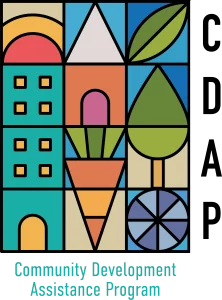The sapling Khin Si and Mi Meh are planting today is a goji, native to parts of Asia. Both Khin Si and Mi Meh, first-generation immigrants from Burma who came through the refugee resettlement program, were familiar with the goji tree and its red berries.
Subscribe to ARC
Sign up to receive our newsletter, surveys and important updates.
Subscribe to ARC
Sign up to receive our newsletter, surveys and important updates.
Subscribe
The group has also planted bok choy, Asian pumpkins, and all manner of spicy peppers from around the world — which many international students eat straight off the plants, to the dismay of their spice-wary American program coordinator. But Khin Si said her favorite thing they’ve ever harvested were strawberries. “They’re really good.”
“Oh, and of course, we’ve also planted kale,” said coordinator Katie Hiebert, breaking into a laugh. “You can’t have a community garden in Georgia without kale, right?”
At the end of the day, it’s all about having access to healthy food.
“Many of our clients, they kind of acculturate and take on bad American eating habits, especially in low-income communities where unhealthy foods are often cheaper than healthier ones,” she said, “and so, giving them the opportunity to learn to grow and take home their own food, that’s pretty awesome.”
The orchard the students planted today is a gift to the generations of students to come. It will start to bear fruit in about five years.


